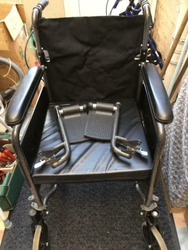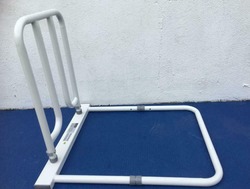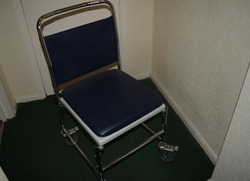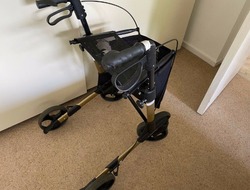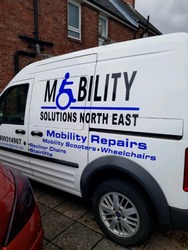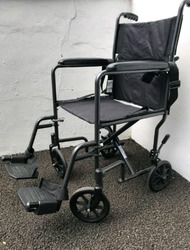Exeter, Devon
Wheelchair, walker and stool, all in good condition. Would like to sell as a package if possible (see all 3 photos for individual items).
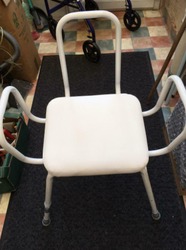
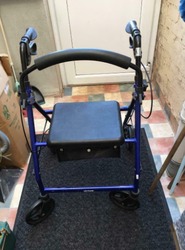
Portadown, County Armagh
AIDAPT BED LEAVER / Lever smart equipment that helps to get in and out of bed! Delivery Available. USED GOOD CONDITION £35...
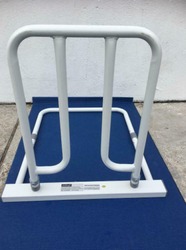
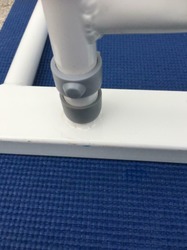

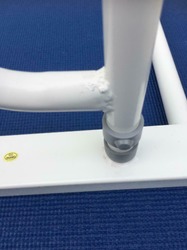
Birmingham, West Midlands
Mobility equipment table chair toilet chair. 3 items food table adjustable. toilet chair and a bath chair adjustable battery...
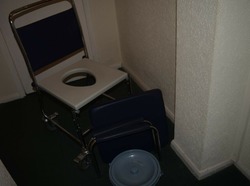
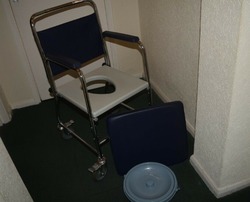
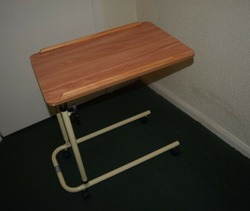
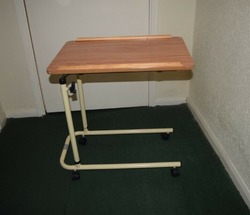
Edinburgh, Scotland
As seen. Some staining, also a small patch of worn upholstery but otherwise in pretty good condition. Fully functional riser/reclining...
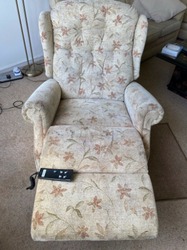

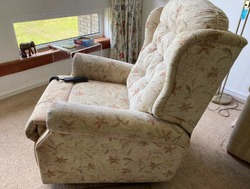
Edinburgh, Scotland
Barely used TOPRO Troja Classic Rollator in almost new condition. Optional Back Support not included. Cost £395 from Glenmore...
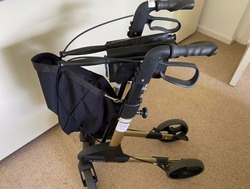
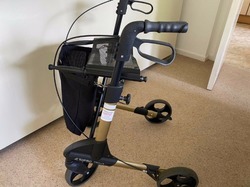
Gateshead, Tyne and Wear
Mobility Scooter. Wheelchairs. Stairlifts Acorn /Brooks. Recliner / Chairs. Service/Repairs. Fast,...
Glasgow, Scotland
Mobile Pedestal Equipment Table. Five castors - all working. Adjustable height. Suitable for an office or presentation...




Torquay, Devon
Ideal for getting in and out of bed can fit single beds and double beds it has adjustable ties u place under the mattress. Can also...
Stockton on Tees, County Durham
Selection of disability aids. Lightweight “Karma” Wheelchair, good condition but some loose stitching on the seat. -...

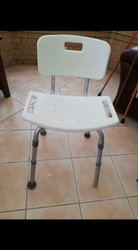
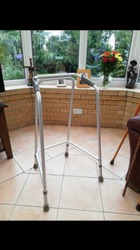
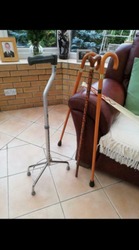
Cowbridge, Vale of Glamorgan
Sold separately or as one lot. Mowbray Lite Adjustable Toilet Frame with Seat: £20. The one-piece moulded contoured...
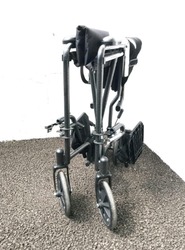
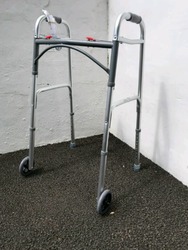
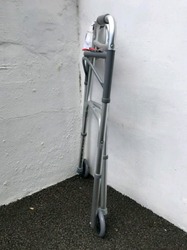

Popular Locations
- Wheelchairs & Mobility in City of London
- Wheelchairs & Mobility in Birmingham
- Wheelchairs & Mobility in Glasgow
- Wheelchairs & Mobility in Manchester
- Wheelchairs & Mobility in Edinburgh
- Wheelchairs & Mobility in Bristol
- Wheelchairs & Mobility in Leicester
- Wheelchairs & Mobility in Leeds
- Wheelchairs & Mobility in Southampton
- Wheelchairs & Mobility in Bradford
- Wheelchairs & Mobility in Nottingham
- Wheelchairs & Mobility in Liverpool
- Wheelchairs & Mobility in Belfast
- Wheelchairs & Mobility in Sheffield
- Wheelchairs & Mobility in Harrow
- Wheelchairs & Mobility in Coventry

